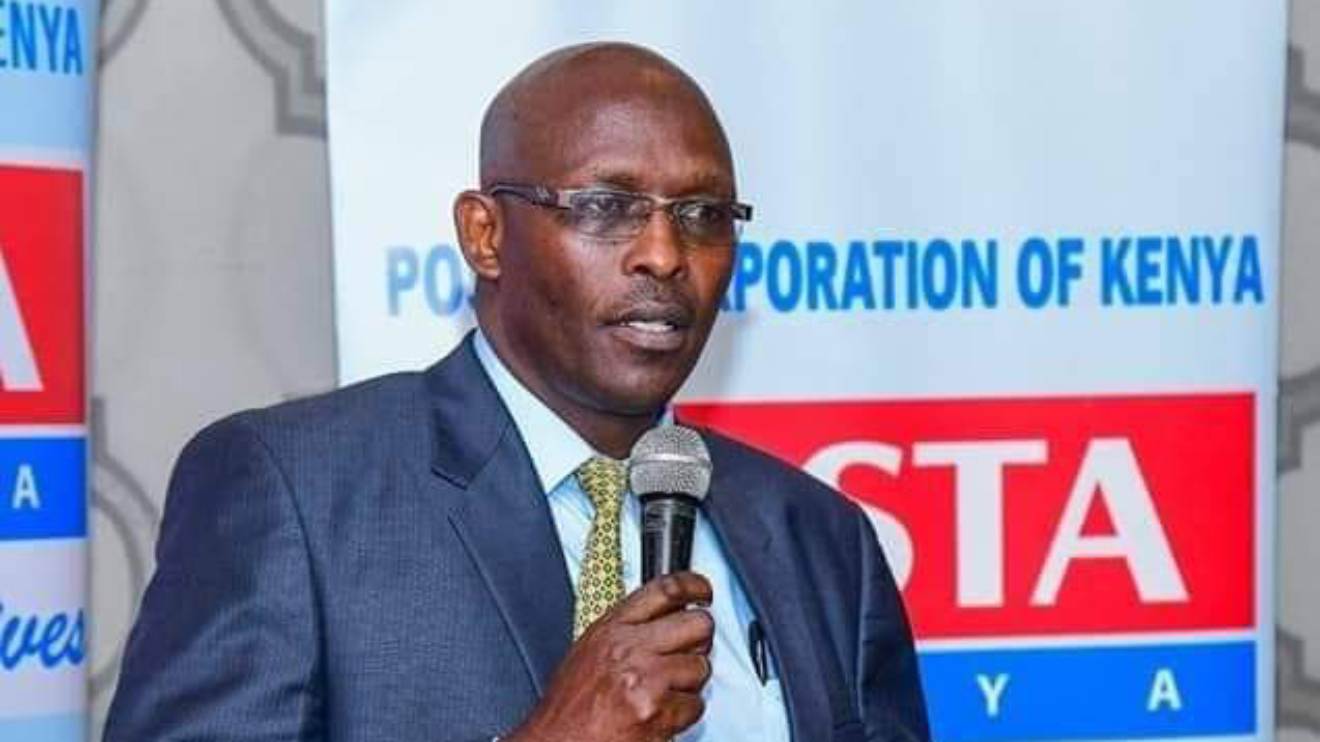Kenya Pipeline Corporation (KPC) has remitted Ksh 7 billion to the National Treasury for the fiscal year ending June 30, 2024, underscoring its strong financial performance and operational efficiency. The corporation also exceeded global benchmarks in pipeline transportation by reducing product losses from the industry standard of 0.25% to 0.06%.
Speaking at KPC headquarters during the ongoing performance evaluation for Ministries, Departments, and Agencies (MDAs) for the 2023/2024 fiscal year, KPC Managing Director Joe Sang reaffirmed the corporation’s commitment to its Vision 2025 strategy, which aims to position KPC as Africa’s leading oil and gas company and establish Kenya as a regional energy hub.
He noted that KPC recorded a 20% growth in profit before tax, rising from Ksh 7.6 billion in the previous year to Ksh 10.05 billion in the year under review. “In the year under review, we achieved a 20% growth in profit before tax, reaching Ksh 10.05 billion compared to Ksh 7.6 billion the previous year. We have been able to pay the National Treasury dividends to the tune of Ksh 7 billion,” said Sang. He emphasized that KPC’s ability to remit Ksh 7 billion in dividends to the National Treasury highlights its role in national development.
Deputy Chief of Staff for Performance and Delivery Management Eliud Owalo underscored KPC’s critical role in Kenya’s energy sector and its contribution to the Bottom-Up Economic Transformation Agenda (BETA). He stressed the importance of aligning with global best practices to maintain a competitive edge and ensure sustainable growth.
“KPC is an integral player in Kenya’s energy sector. We view KPC as one of the key drivers in delivering our Bottom-Up Economic Transformation Agenda,” Owalo said.
Beyond petroleum transportation and storage, KPC is expanding its business portfolio, focusing on fibre optic cable expansion, the growth of the Morendat Institute of Oil and Gas, and increased investments in liquefied petroleum gas (LPG).
“One of the major government initiatives is ensuring access to cooking gas in schools. As the facilitator of this supply chain, KPC is expected to meet key deliverables in line with its mandate,” Owalo stated.
The corporation is also strengthening its export market across East Africa and working to fully operationalize the Kisumu Oil Jetty to enhance cost-effective petroleum transportation in the region.
Strategic Expansion and National Development
KPC’s long-term strategic focus includes acquiring and optimizing Kenya Petroleum and Oil Refineries Limited, expanding LPG import handling and storage facilities in Mombasa, and enhancing pipeline infrastructure capacity.
The corporation is also prioritizing efforts to manage pipeline product losses and rehabilitate key storage facilities, including the Port Reitz tanks.
Sang highlighted KPC’s commitment to capacity building, noting that the corporation surpassed its annual internship and attachment target. Out of a target of 900, KPC engaged nearly 1,300 young professionals, reinforcing its role in skills development within the energy sector.
He also called for increased government support in budget approvals, particularly for the Buy Kenya, Build Kenya initiative. He noted that while KPC has specific targets under this program, budget constraints due to austerity measures have hindered full implementation.
“We have clear targets under the Buy Kenya, Build Kenya initiative, but reduced budgets have impacted execution. We seek support to fully realize this commitment,” Sang stated.
Under its Vision 2025 strategic plan, KPC aims to achieve an annual turnover of Ksh 150 billion by the end of this year, further cementing its status as a regional energy powerhouse and a key driver of Kenya’s economic transformation.





